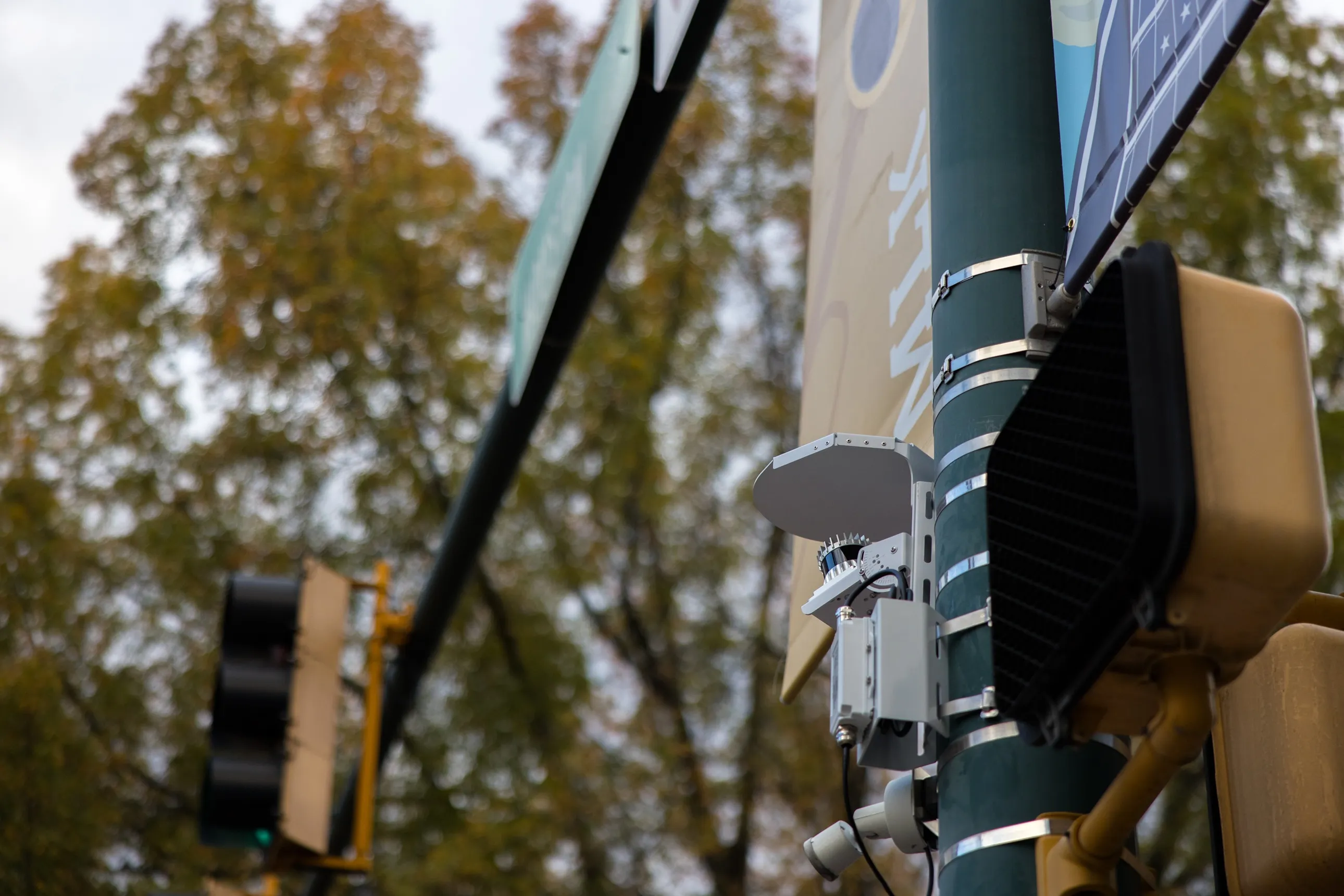Transport for New South Wales has extended its contract with Cubic Transportation Systems (CTS) for ongoing maintenance and operation of the Sydney Transport Management Centre (TMC) central computer system which manages traffic throughout the New South Wales road network. The contract extension includes options to continue until June 2020.
Cubic has worked with Transport for New South Wales since 1997, when it was contracted to develop and deploy its incident management system (IMS) technology to mana
December 8, 2015
Read time: 2 mins
Transport for New South Wales has extended its contract with 378 Cubic Transportation Systems (CTS) for ongoing maintenance and operation of the Sydney Transport Management Centre (TMC) central computer system which manages traffic throughout the New South Wales road network. The contract extension includes options to continue until June 2020.
Cubic has worked with Transport for New South Wales since 1997, when it was contracted to develop and deploy its incident management system (IMS) technology to manage traffic conditions for the Sydney 2000 Olympic Games. Since then, Cubic has expanded its IMS system to support additional requirements to manage traffic congestion and road safety for Sydney.
Cubic’s IMS operates 24 hours a day, seven days a week in providing real-time IMS information to a large number of operators on the Transport for New South Wales road network in order to efficiently manage and lessen the impact of congestion. The IMS incorporates features including automatic incident detection and response, variable message and speed-control signing and traffic data collection.
“We see this contract extension as a testament to the strong relationship between the two organisations. It opens up the opportunity for us to introduce NextTraffic - our next-generation, integrated multi-modal traffic and transport platform - that is part of CTS’s NextCity vision,” said Tom Walker, senior vice president and managing director for CTS Asia-Pacific.
Cubic has worked with Transport for New South Wales since 1997, when it was contracted to develop and deploy its incident management system (IMS) technology to manage traffic conditions for the Sydney 2000 Olympic Games. Since then, Cubic has expanded its IMS system to support additional requirements to manage traffic congestion and road safety for Sydney.
Cubic’s IMS operates 24 hours a day, seven days a week in providing real-time IMS information to a large number of operators on the Transport for New South Wales road network in order to efficiently manage and lessen the impact of congestion. The IMS incorporates features including automatic incident detection and response, variable message and speed-control signing and traffic data collection.
“We see this contract extension as a testament to the strong relationship between the two organisations. It opens up the opportunity for us to introduce NextTraffic - our next-generation, integrated multi-modal traffic and transport platform - that is part of CTS’s NextCity vision,” said Tom Walker, senior vice president and managing director for CTS Asia-Pacific.








